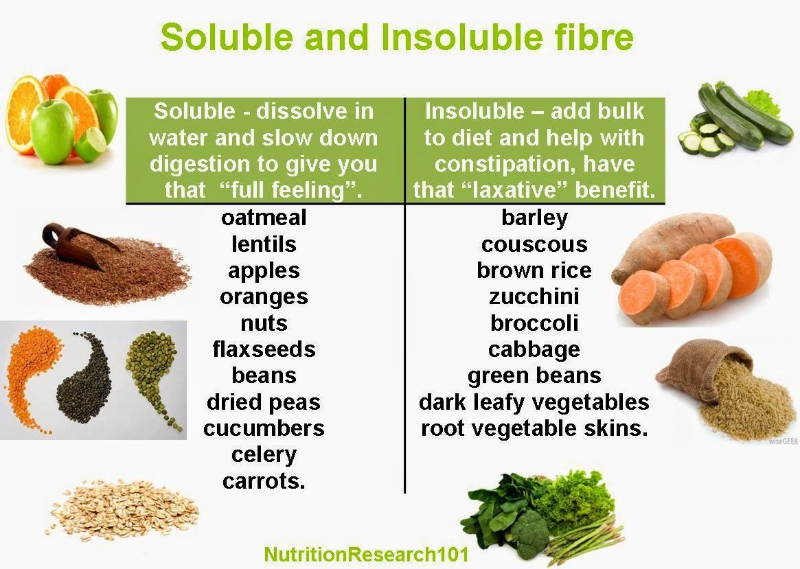
Fibre
Getting enough fiber by building your diet around vegetables, fruits, legumes, whole grains, nuts and seeds, is important for overall health and disease prevention and it keeps your plumbing in good working order!
What is Fibre?
We can divide fiber into two general categories, based on their structure and what they do in our bodies.
Soluble fibers are viscous and fermentable, and can lower our blood cholesterol and improve digestion
Insoluble fibers help to bulk up and soften stool making it easier to pass.
We need both types of fiber in our diets.
What are the implications of not having enough fibre?
A low-fiber diet is associated with many health problems, including:
Cardiovascular diseases and high blood fats – fiber helps bind and eliminate blood cholesterol/fat
GI disorders, cancers and poor bowel function – fiber helps keep the GI tract clean and can ease constipation and diverticular disease
Diabetes – fiber controls blood sugar, insulin and body fat
Excess body fat – fiber contributes to satiety and dilutes energy density
High blood pressure
A study with over 500,000 people in 10 European countries showed that people who ate more than 30 grams of fiber per day had approximately half the risk of colon cancer as those who ate 12-15 grams of fiber daily.
How much fiber should I be having?
If you build your diet around vegetables, fruits, legumes, whole grains, nuts and seeds, you're probably getting enough fiber.
If you want a goal:
Women should aim for at least 30 to 35 grams of fiber per day.
Men should aim for at least 40 to 45 grams of fiber per day.
When you eat enough fiber, you need to consume enough fluids.
Where can I get fibre?
Plant foods contain Fiber. The best sources are legumes, whole grains, vegetables, fruits and nuts/seeds.
